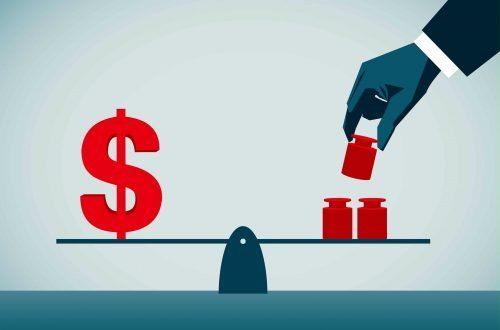How to Recycle Scrap Metal
The Importance of Scrap Metal Recycling
Scrap metal recycling is crucial in reducing landfills, conserving natural resources, and preventing environmental pollution. According to the Institute of Scrap Recycling Industries, the US generates over 130 million tons of scrap metal annually. Recycling scrap metal can produce new metal products, such as steel, aluminum, and copper, at a lower cost than producing metals from virgin materials. In this article, we will discuss how to recycle scrap metal, its benefits, and the types of scrap metal that can be recycled. Delve even deeper into the subject by visiting this information-packed external website we’ve prepared for you. recycle aluminum https://Www.candmironandmetal.com!
Types of Scrap Metal
Scrap metal comes in various forms and classifications and can be divided into ferrous and non-ferrous metals. Ferrous metals contain iron, while non-ferrous metals do not. Common ferrous metals are steel, cast iron, and wrought iron. Non-ferrous metals include aluminum, copper, lead, zinc, nickel, and brass, among others. Before recycling scrap metal, it is essential to determine its type and classification, as it can affect the scrap recycling process.
Steps for Scrap Metal Recycling
The following are the basic steps for scrap metal recycling:
Benefits of Recycling Scrap Metal
Recycling scrap metal has several benefits, such as:
Tips for Recycling Scrap Metal
Here are some tips for recycling scrap metal: Check out the suggested external site to uncover new details and perspectives about the subject discussed in this article. We constantly work to improve your educational journey alongside us. https://www.candmironandmetal.com.
Conclusion
Recycling scrap metal is easy, cost-effective, and environmentally friendly. By recycling scrap metal, we can conserve natural resources, reduce energy consumption, cut costs, and prevent environmental pollution. Remember to sell scrap metal to a reputable dealer, separate metals by type, remove non-metal attachments, and follow local recycling regulations. Together, we can make the world a cleaner and healthier place by recycling scrap metal.
Discover different perspectives in the related posts we’ve selected:




